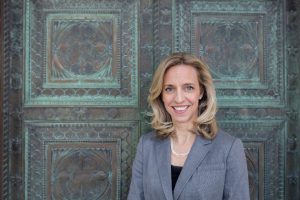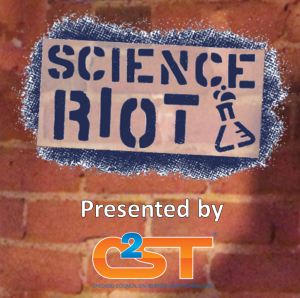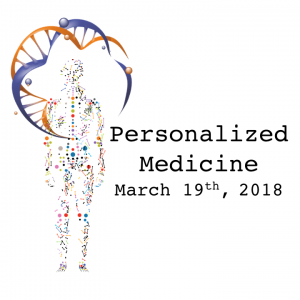
Chicago Council on Science and Technology and ARCS Foundation, Illinois Chapter present
Science is a verb. We must get sciencing. The world requires it! Continue reading “Science is a verb. We must get sciencing. The world requires it!”
Library content is labelled in admin pages as ‘Post’ under the ‘Category’ column

Chicago Council on Science and Technology and ARCS Foundation, Illinois Chapter present
Science is a verb. We must get sciencing. The world requires it! Continue reading “Science is a verb. We must get sciencing. The world requires it!”

Challenges and Opportunities in an Emerging Solar Economy
Presented by Chicago Council on Science, IIT Wanger Institute for Sustainable Energy Research (WISER), and Armour College of Engineering Departments of: Chemical and Biological Engineering; Civil and Architectural Engineering; Electrical and Computer Engineering; and Mechanical, Materials, and Aerospace Engineering Continue reading “Challenges and Opportunities in an Emerging Solar Economy”
Watch the full program here: https://youtu.be/oVgf9YaAp38 Continue reading “Personalized Medicine – One size does not fit all! Highlights”
How can knowing your genetic code help you? Genetic conditions, ones you are born with or are predisposed to, affect people of all ages, race, and gender. The treatment for these conditions are not so universal and recent research shows that patient-specific treatment can produce a better response and reduce the risk of side effects. Continue reading “Personalized Medicine – One size does not fit all!”

Science Riot Presented by C2ST
Scientists – trying standup comedy? Science Riot, presented by the Chicago Council on Science and Technology, will bring two science comedy storytelling shows to the city this spring. Continue reading “Science Riot Presented by C2ST”

Personalized Medicine: One size does not fit all Continue reading “Personalized Medicine: One size does not fit all”